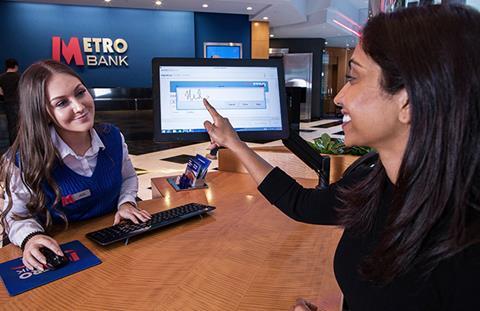
Launched in 2010 as the first new high street bank in more than 100 years, Metro Bank now employs nearly 4,500 people across the UK.
To show its support for employees going through separation, it signed up to the Positive Parenting Alliance’s HR Initiative when it was launched in January 2023. Khushboo Patel, head of engagement and inclusion at Metro Bank, says: “Our colleagues are at the heart of what we do and we want them to feel supported whatever they are going through in their lives. A large proportion of our colleagues are married or in relationships: if they separate, it is important to show that support is available.”
The bank offers a range of support services including access to Headspace, private medical insurance and partnering with the Bank Workers Charity. It has also set up employee networks including M Family, where people can get support and advice from other colleagues, learn from various sources and share experiences. “Divorce and separation can affect all areas of wellbeing, including mental, social and financial health," says Patel. "Offering these different channels of support means they can choose which is best for them.”
Line managers are another important part of the support network. As well as signposting employees to different services, they also have the ability to offer time off and flexible-working arrangements to help someone manage new responsibilities such as school runs, court appearances or solicitor meetings.
Metro Bank also recognises divorce and separation as a life event from a benefits perspective. This means that employees can make changes, for example removing their ex-partner from their benefits or changing their life insurance, when they are going through separation rather than wait for the annual benefits window.
Patel is also working on policies for separation as well as other life events such as pregnancy loss. “This will help to formalise what we already offer," she adds. "What’s most important is that we have an open culture: if everyone feels able to talk about what they’re going through, they are much more likely to reach out for help when it’s needed.”
















